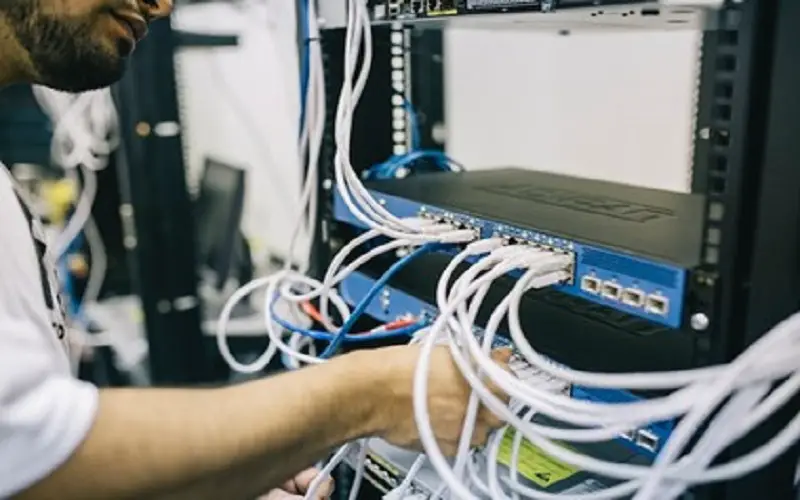As a business owner, you should know that a server is a crucial component of your IT infrastructure. It’s what determines the efficiency and ease of use of your website. Choosing the right one for your business is a complex process because there are many networking, components, and type options.
If you choose the wrong server, you can install an IT component that is not fit for your business or one too powerful for your needs, thus wasting money and time.
Before you purchase or install equipment, consider the factors below:
1. Understand Your Needs
Before choosing any IT component, try to understand what tasks you want to undertake. For example, you can use a server to perform data and system backups, host applications and websites, provide desktop connections remotely, store and share files, or host business databases and emails.
It’s, therefore, imperative to decide which of these tasks you want the server to perform before choosing one. Doing so will help you decide how many hard drives (storage), RAM (memory), and power your business needs. You can talk to specialists from reputable providers like ServerMania to help assess your needs.
2. Consider its Maintenance and Location
It’s important to know where your equipment will be situated. If you choose to have it on your business premises, you must ensure you have adequate space and that your in-house IT team has the appropriate level of maintenance expertise.
Servers are expensive and must, therefore, be placed in safe places where they can’t be stolen. If you choose cloud hosting, make sure the provider guarantees security, privacy, and the safety of your data.
3. Select the Appropriate Type
Once you assess your business needs, you’ll be better placed to decide the type of server that suits your needs. Some of the types available on the market include:
- Dedicated or bare metal servers: These are physical servers with fixed storage, processors, and RAM. They are optimized for tasks that require heavy-duty processing backed by large memory.
- Cloud servers: A cloud server has the same capabilities and functions as an ordinary one but is delivered, hosted, and built through the cloud. The advantage of cloud computing is that it’s highly scalable and cost-effective.
- Virtualized or hybrid servers: These are application constructs designed to run on physical servers. You can use them to host many virtual servers on one dedicated machine with the help of a hypervisor. These servers come with their own apps, software, and operating environment. They are optimized for nearly all projects, including web hosting and back-end servers.
4. Consider the Cost
The nature of tasks you want to accomplish will determine the IT infrastructure your business needs. Essentially, highly demanding tasks will require a huge budget. So, when budgeting for a server, consider the nature of your current and future tasks.
If your budget can’t accommodate your future needs, then it’s best to choose a scalable system so you can upgrade as your company grows. A word of caution, though: don’t waste money on resources your company doesn’t need. This will hurt your bottom line.
Conclusion
Hopefully, you now appreciate how difficult it is to choose a server. However, by considering the above tips, you’ll likely get an excellent hosting service for your company.
The most important thing to remember is to budget for your equipment with enough resources to run your business effectively without overspending. Always remember never to invest in a resource that will lie idle, even if you feel you’ll need it in the future.
If you still feel you can’t select a good option, it’s best to consult an IT expert.




